Bert Kanist didn't think that there would be a problem when he gave his dog Ozzie a treat one day last month, two packages of peanut butter crackers.
Within a short time, Ozzie was extremely sick.
He was throwing up, Kanist said in his home in this suburb of Atlanta. He had diarrhea. His knees were wiggly.
The next day, Ozzie was dead. But Kanists other dog, Snickers a pound mutt, like Ozzie denied the crackers and was fine.
The crackers were from a brand called Austin, made by Kellogg Co. Kellogg recalled the product in mid-January because they were made with peanut paste produced by P.C.A. or Peanut Corp. of America of Lynchburg, Va., whose salmonella-contaminated products are to blame for sickening more than 500 individuals and might have contributed to at least eight deaths.
The Austin items were just one of more than 420 foods that companies across the food industry have recalled because they could possibly be tainted with salmonella, which most people probably think of as primarily a human pathogen.
Although food safety experts say pets can be just as much at risk, either from eating tainted pet food or poisoned people food. Thats why at least fourteen brands of pet treats are on the F.D.A. or Food and Drug Administrations list of products that have been recalled since 01/01/09 because they were manufactured with items from P.C.A.
From Owner To Animal And Back
As tough as it may be to lose a beloved pet to salmonellosis, doctors say an infected pet poses a bigger problem: It could infect its owner, because the bacterium Salmonella spp. can be transferred via waste or saliva.
That means you could get salmonellosis simply by allowing your dog lick you, veterinarians say.
Even if their pets show no signs of the poisoning, owners should always be cautious. Scientists at the University of Wisconsin School of Veterinary Medicine said last year that they can easily isolate Salmonella spp. from healthy-looking dogs and cats, making them classic carrier animals.
Pets may suffer salmonellosis as a reverse zoonosis, with infection transmitted from human-to-dogs or cat and subsequently back to other humans, the scientists wrote. Similarly, outbreaks of salmonella infections in large veterinarian teaching hospitals have been linked to the introduction of bacteria from infected human employees, with subsequent spread to animals and then back to other human students.

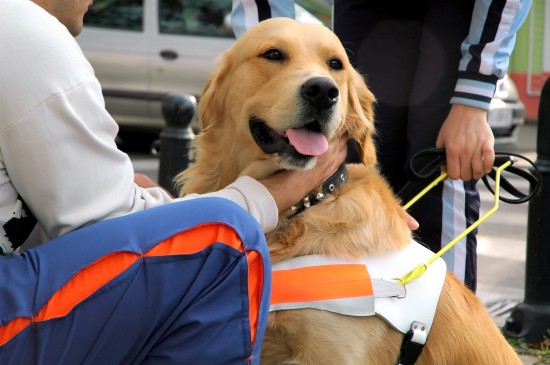 How Do Working Dogs Communicate With And Alert Their Handlers Of Things?
How Do Working Do
How Do Working Dogs Communicate With And Alert Their Handlers Of Things?
How Do Working Do
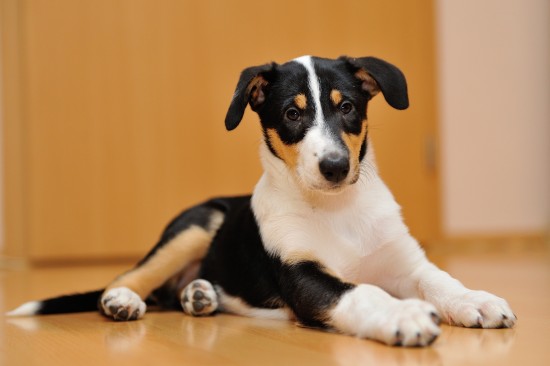 Vulnerable Uk Native Dog Breeds - Pastoral, Toy And Working Groups
Vulnerable Uk Nat
Vulnerable Uk Native Dog Breeds - Pastoral, Toy And Working Groups
Vulnerable Uk Nat
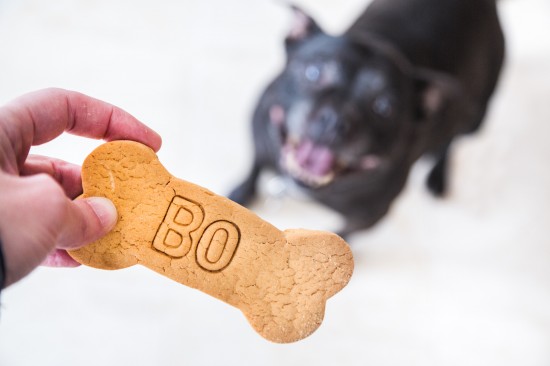 Balancing The Amount Of Treats & Pet Food You Give Your Dog
Balancing The Amo
Balancing The Amount Of Treats & Pet Food You Give Your Dog
Balancing The Amo
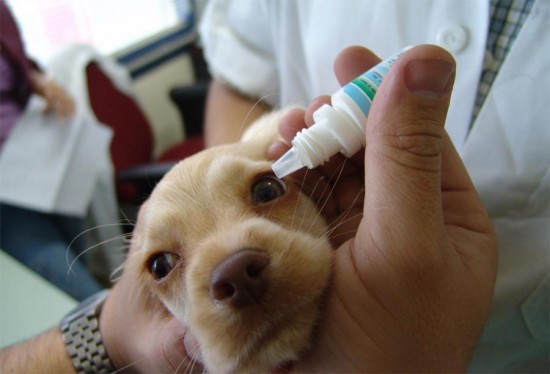 dry Eye In Dogs
dry Eye In Dogs
dry Eye In Dogs
dry Eye In Dogs
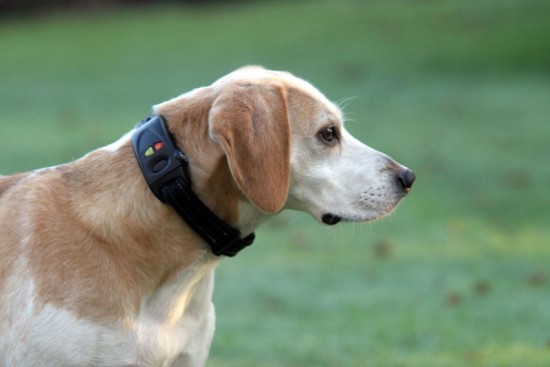 High Tech Pets – Gadgets For Pets
High Tech Pets –
High Tech Pets – Gadgets For Pets
High Tech Pets –